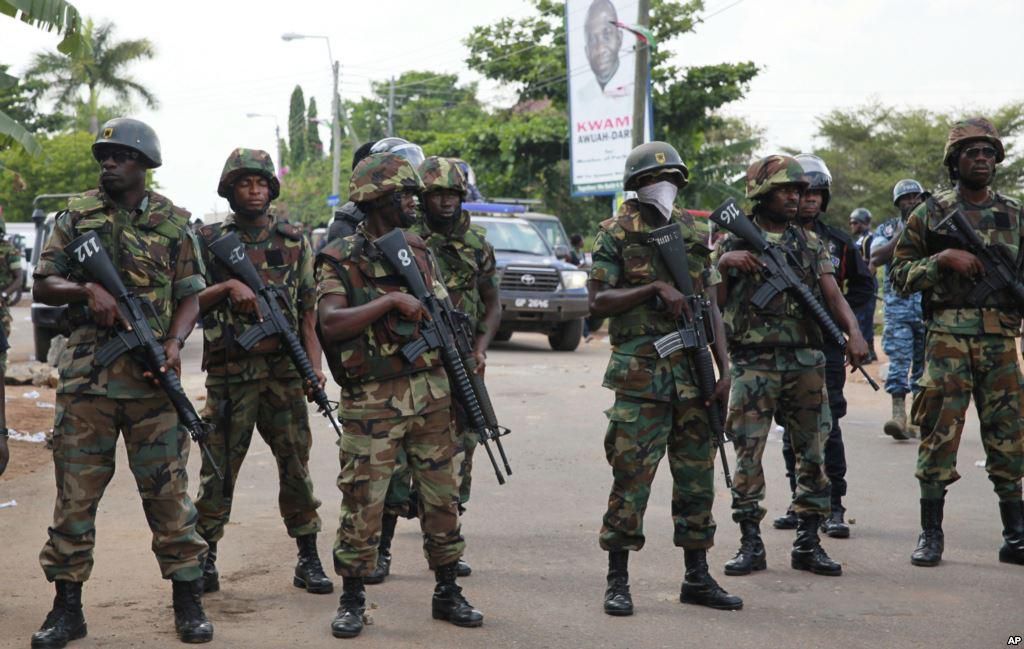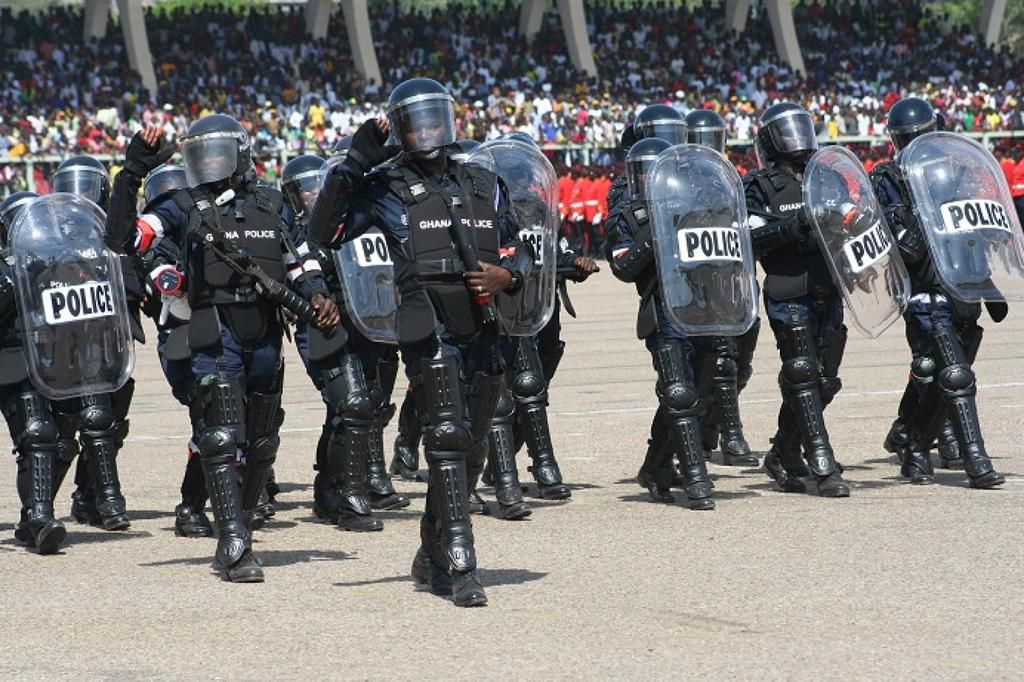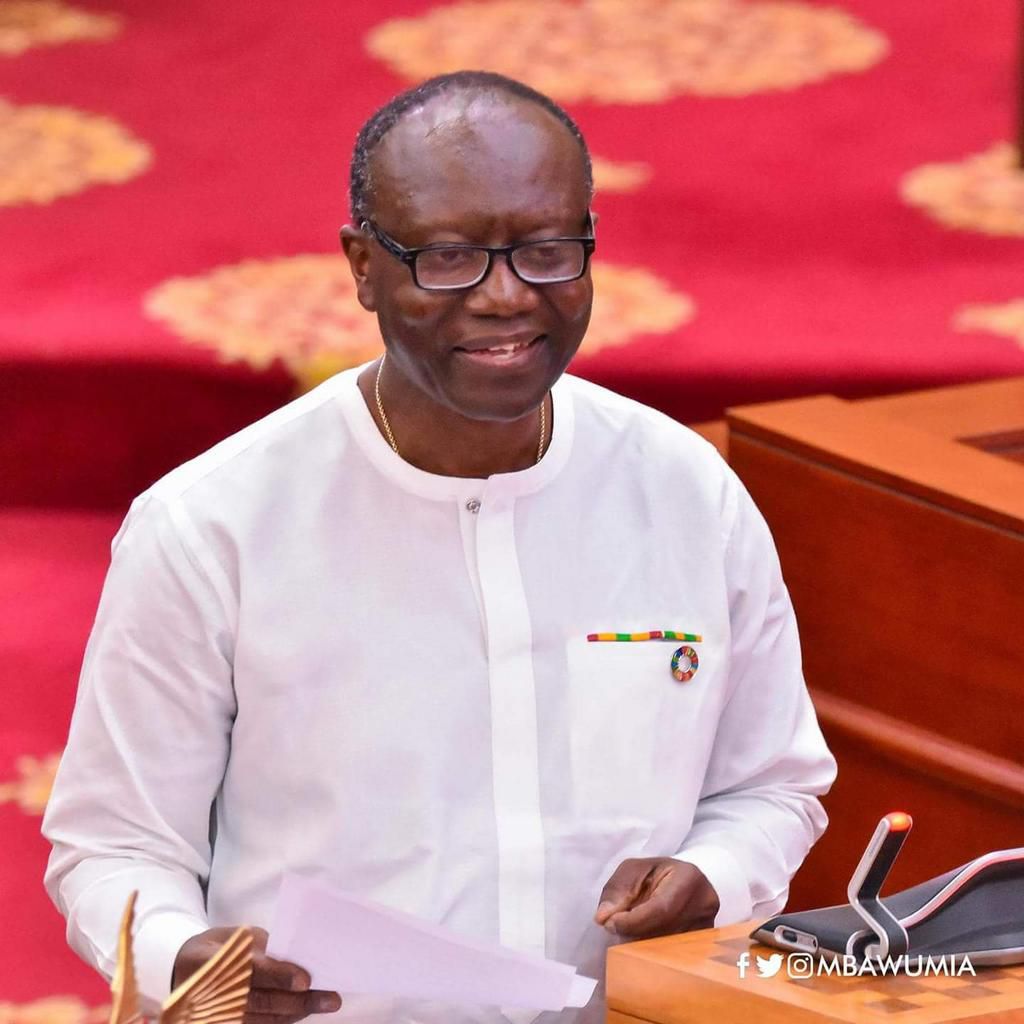Pulse Picks: 4 government policies that caused national controversy in 2020
)
Some of the policies were directly related to the pandemic while others were not.
Here is a chronicle of some of such controversial policies and why they made news headlines.
1.Deployment of soldiers to the land borders

There was a brouhaha about the government’s decision to deploy soldiers to the land borders of the country, especially in the Volta region during the Covid-19 period.
According to the government, the measure was to prevent nationals of neighbouring countries from entering the country with the Covid-19 disease without being noticed and screened – which would engender the entire Ghanaian populace.
Aside from the Covid-19, the government said that the deployment was also in response to intelligence gathered that some terrorists might want to infiltrate the country through its land borders.
However, some traditional leaders in the Volta region and the opposition National Democratic Congress (NDC) raised issues with the military deployment because the Electoral Commission was also conduction its registration exercise for the December 7 general elections over the same period.
READ ALSO: Ladies, here are 5 ways to pamper your man
Their concern was that the soldiers were terrorizing Ghanaians, some of whom live around the bothers and ply their trade between Ghana and Togo. They claimed that legitimate Ghanaians were being tagged as Togolese and not being allowed to register for their national ID card, therefore, possibly disenfranchising them on election day.
Despite calls on the government to withdraw the soldiers from the borders, it remained adamant and the armed men are still in those areas.
2.Distribution of food in COVID-19 time

Due to how the COVID-19 rendered many people jobless and companies closed down, life became unbearable for some Ghanaians and the need for social intervention became apparent. The government then decided to share food to the needy, the homeless among others, a policy that was generally hailed.
But it later became a matter of controversy due to the mode of distribution and some politicians of the governing party branding the relief items with their party colours to coerce beneficiaries to vote for them in exchange for the items.
There were also issues about sharing cooked food to the people instead of giving them uncooked ones to prepare themselves.
3.Attachment of police to MPs

There have always been calls by members of the Ghanaian parliament for police protection for each of them but the calls have been rejected by the general populace.
However, as incidents of armed robbery and killings skyrocketed and some politicians fell victim, the controversial call was remade, and although Ghanaians including Civil Society and security analysts objected to the move, the government went ahead to initiate processes to attach police officers to each of the 275 members of parliament.
Opponents of the move cited the inadequacy of police officers to match the Ghanaian population and the fact that it was going to jeopardise the general security of the ordinary citizen who, unlike the parliamentarians, cannot afford to have a police escort.
Many journalists and other Ghanaians got killed and maimed in some cases as a result of the general insecurity, so the provision of police escort for parliamentarians too in addition to members of the executive and the judiciary was perceived by some as classism.
4.Agyapa Royalties deal

The Agyapa Royalties deal was unarguably the most controversial of all government policies in the year 2020.
Under the deal, the government of Ghana was seeking to sell almost 76 percent of the royalties generated from 16 large gold mines to Agyapa Royalties Limited – a special purpose vehicle company registered in the British Crown dependency of Jersey. Forty-nine percent of Agyapa Royalties shares are to be listed on the London Stock Exchange.
However, Civil Society groups, traditional rulers, the opposition political parties objected to the plan, arguing it was not in the interest of the country. They also questioned why the said company was being registered in a tax haven, the composition of its board members, and a host of other legal and financial issues.
The government was bent on proceeding with the deal, citing parliamentary approval – which the minority was not part of in the first place because they suspected criminality, nepotism, cronyism among other things.
The controversy caught the attention of the Office of the Special Prosecutor and it called for a suspension of the deal to allow for a risk assessment.
The OSP subsequently released a report, saying the deal was bad, reechoing the very fears and concerns Civil Society, traditional rulers and the opposition political parties had raised.
The controversy got heated further as Special Prosecutor Martin Amidu resigned unexpectedly, citing interference with his work by the president himself, lack of resources and death threats after releasing the risk assessment report and asking that the deal be halted and the appropriate procedure followed.
It didn’t end there. The government accepted his resignation and responded to every single claim made by Mr. Amidu in his letter of resignation which had gone viral.
It denied all the claims and painted a picture that Martin Amidu was a difficult person to work with and he had no excuse not to carry out his duties of preventing and fighting corruption effectively.
As he is popularly known, the former Special Prosecutor would not allow his integrity to be damaged just like that. He has also released another epistle and made further jaw-dropping revelations and even referred to President Akufo Addo as the “mother serpent of corruption”.
)
)
)
)
)
)
)
)
)
)
)
)
)
)
)
)